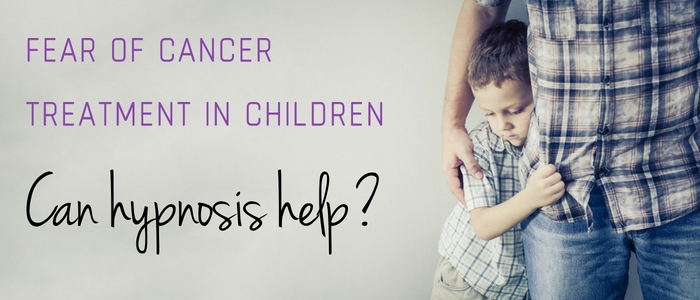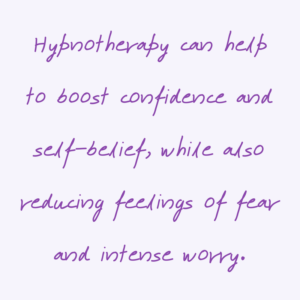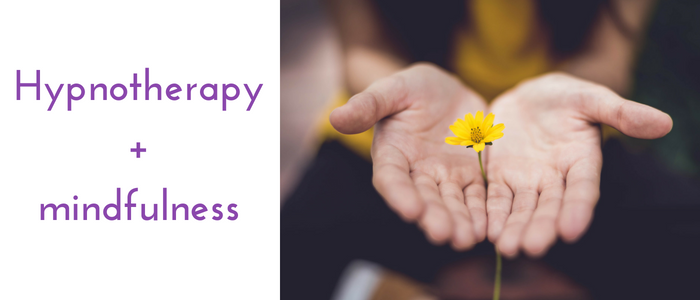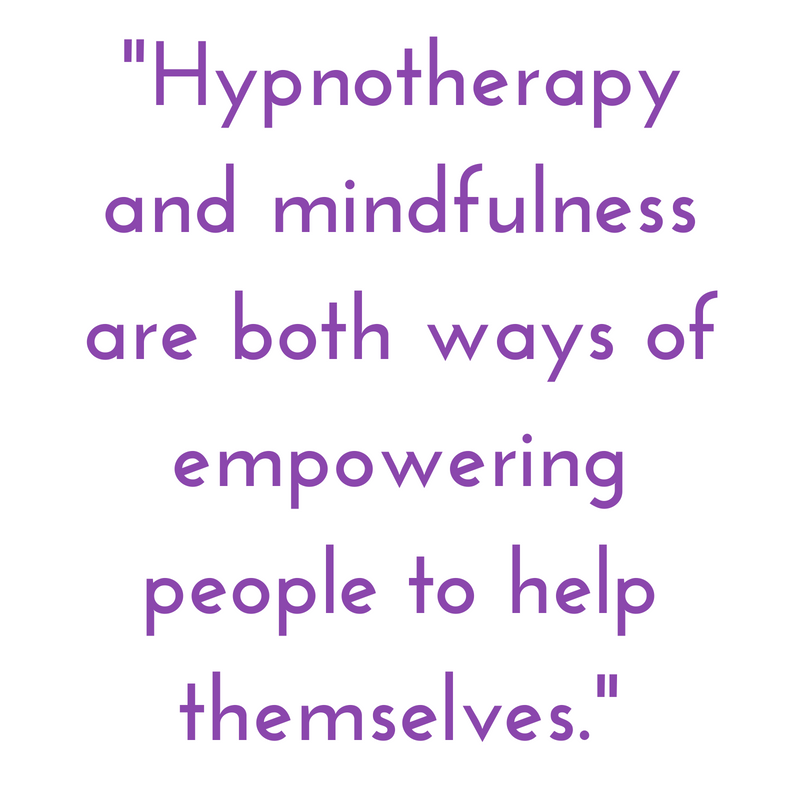
There aren’t many people out there who feel totally OK at the sight of blood but, for some, just the description of it is enough to make them feel unwell or even faint. If this sounds like you, know that you’re not alone.
When we look at our evolutionary history a fear of blood, or hematophobia, was a useful reaction. Fainting at the sight of blood may have been helpful for our ancestors as it reduces blood loss (when we’re horizontal our heart doesn’t have to pump so hard to get blood around the body, which can be helpful if we’re injured).
Fainting may have even helped our ancestors when they were attacked by animals – playing dead as a defence mechanism. When we look at it like this, an aversion/fear of blood is quite normal.
For some people, however, the reaction is severe and, in our modern life, most of us are unlikely to be attacked by animals. This makes the reaction of feeling unwell and fainting at the mention of blood inconvenient at the very least.
This deep-seated aversion to blood can often be made worse from an experience in childhood. For example, you may have witnessed an accident or even had an accident yourself that involved blood. The memory of this can heighten reactions to create a full-blown phobia that holds you back. Often there is also anxiety surrounding the phobia (for example being anxious about fainting when you see blood).
Hypnotherapy is a tool being used more and more for anxiety and has been found very helpful for those with phobias. While each hypnotherapist will be different, often they will help you uncover the root of your phobia and help you reduce your emotional reaction to the event in question.
TV presenter Davina McCall is just one example of someone who has had success with hypnotherapy for a blood phobia. Earlier this year, Davina revealed that she had this phobia after witnessing her grandmother in a lawnmower accident. Before presenting A&E Live, she had hypnotherapy to help her overcome her fear.
In a twist of fate, she was called out to a similar lawn mowing accident during filming. When talking on This Morning, she explained how she got on:
“I was absolutely fine. I was very nervous. I just thought, ‘you’ve just got to keep it together’. I was able to talk to him and look at what they were doing and I was completely fine.”
Read more success stories from people who have tried hypnotherapy for phobias.





